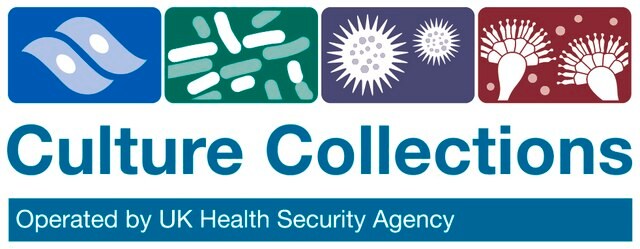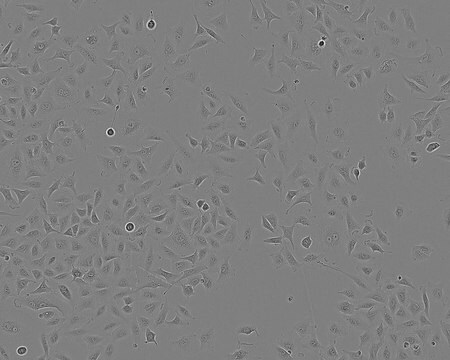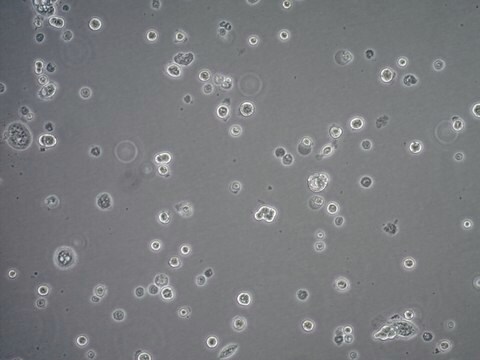AR42J
NOTE: Both the cell line and DNA from the cell line may be available for this product. Please choose -1VL or VIAL for cells, or -DNA-5UG for DNA, 93100618, rat pancreas, Pancreas cells
About This Item
Empfohlene Produkte
Biologische Quelle
rat pancreas
Verpackung
tube of 5 μg 93100618-DNA-5UG
pkg of vial of cells 93100618-1VL
Wachstumsmodus
Semi-adherent aggregates
Karyotyp
Not specified
Morphologie
Pancreas cells
Produkte
Amylase and exocrine enzymes
Rezeptoren
Gastrin/CCKB, Epidermal growth factor (EGF), Somatostatin
Methode(n)
cell culture | mammalian: suitable
Relevante Krankheit(en)
cancer
Versandbedingung
dry ice
Lagertemp.
−196°C
Ursprung der Zelllinie
Beschreibung der Zelllinie
Anwendung
Nährmedium
Subkultur-Routine
Sonstige Hinweise
Hier finden Sie alle aktuellen Versionen:
Analysenzertifikate (COA)
It looks like we've run into a problem, but you can still download Certificates of Analysis from our Dokumente section.
Wenn Sie Hilfe benötigen, wenden Sie sich bitte an Kundensupport
Besitzen Sie dieses Produkt bereits?
In der Dokumentenbibliothek finden Sie die Dokumentation zu den Produkten, die Sie kürzlich erworben haben.
Verwandter Inhalt
We offer more than twenty ECACC pancreatic cancer cell lines of human, rat, or mouse origin, including PANC-1. Choose cells based on mutations in KRAS, TP53, SMAD4, and other key genes, or by demonstrated suitability for applications such as toxicity, xenograft models, and drug response studies.
Unser Team von Wissenschaftlern verfügt über Erfahrung in allen Forschungsbereichen einschließlich Life Science, Materialwissenschaften, chemischer Synthese, Chromatographie, Analytik und vielen mehr..
Setzen Sie sich mit dem technischen Dienst in Verbindung.



